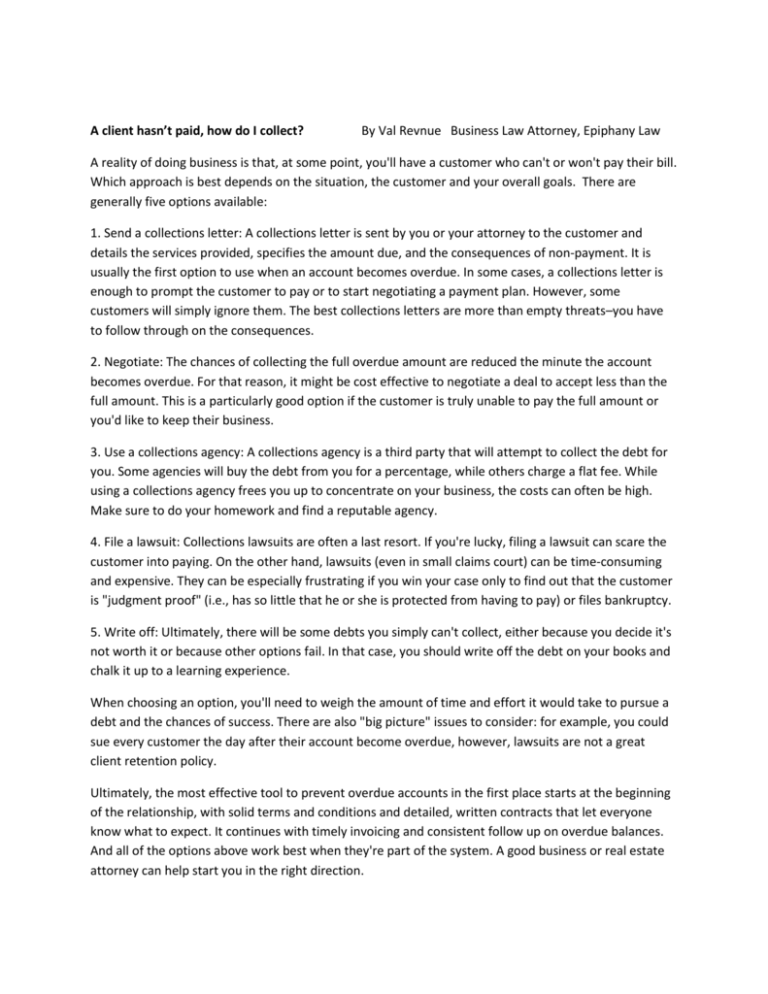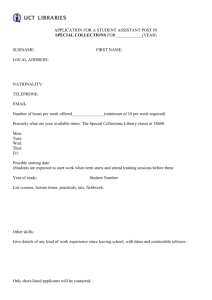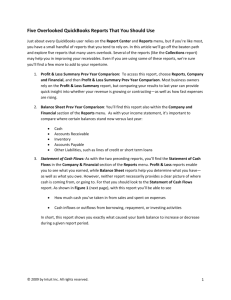A client hasn*t paid, how do I collect
advertisement

A client hasn’t paid, how do I collect? By Val Revnue Business Law Attorney, Epiphany Law A reality of doing business is that, at some point, you'll have a customer who can't or won't pay their bill. Which approach is best depends on the situation, the customer and your overall goals. There are generally five options available: 1. Send a collections letter: A collections letter is sent by you or your attorney to the customer and details the services provided, specifies the amount due, and the consequences of non-payment. It is usually the first option to use when an account becomes overdue. In some cases, a collections letter is enough to prompt the customer to pay or to start negotiating a payment plan. However, some customers will simply ignore them. The best collections letters are more than empty threats–you have to follow through on the consequences. 2. Negotiate: The chances of collecting the full overdue amount are reduced the minute the account becomes overdue. For that reason, it might be cost effective to negotiate a deal to accept less than the full amount. This is a particularly good option if the customer is truly unable to pay the full amount or you'd like to keep their business. 3. Use a collections agency: A collections agency is a third party that will attempt to collect the debt for you. Some agencies will buy the debt from you for a percentage, while others charge a flat fee. While using a collections agency frees you up to concentrate on your business, the costs can often be high. Make sure to do your homework and find a reputable agency. 4. File a lawsuit: Collections lawsuits are often a last resort. If you're lucky, filing a lawsuit can scare the customer into paying. On the other hand, lawsuits (even in small claims court) can be time-consuming and expensive. They can be especially frustrating if you win your case only to find out that the customer is "judgment proof" (i.e., has so little that he or she is protected from having to pay) or files bankruptcy. 5. Write off: Ultimately, there will be some debts you simply can't collect, either because you decide it's not worth it or because other options fail. In that case, you should write off the debt on your books and chalk it up to a learning experience. When choosing an option, you'll need to weigh the amount of time and effort it would take to pursue a debt and the chances of success. There are also "big picture" issues to consider: for example, you could sue every customer the day after their account become overdue, however, lawsuits are not a great client retention policy. Ultimately, the most effective tool to prevent overdue accounts in the first place starts at the beginning of the relationship, with solid terms and conditions and detailed, written contracts that let everyone know what to expect. It continues with timely invoicing and consistent follow up on overdue balances. And all of the options above work best when they're part of the system. A good business or real estate attorney can help start you in the right direction.







